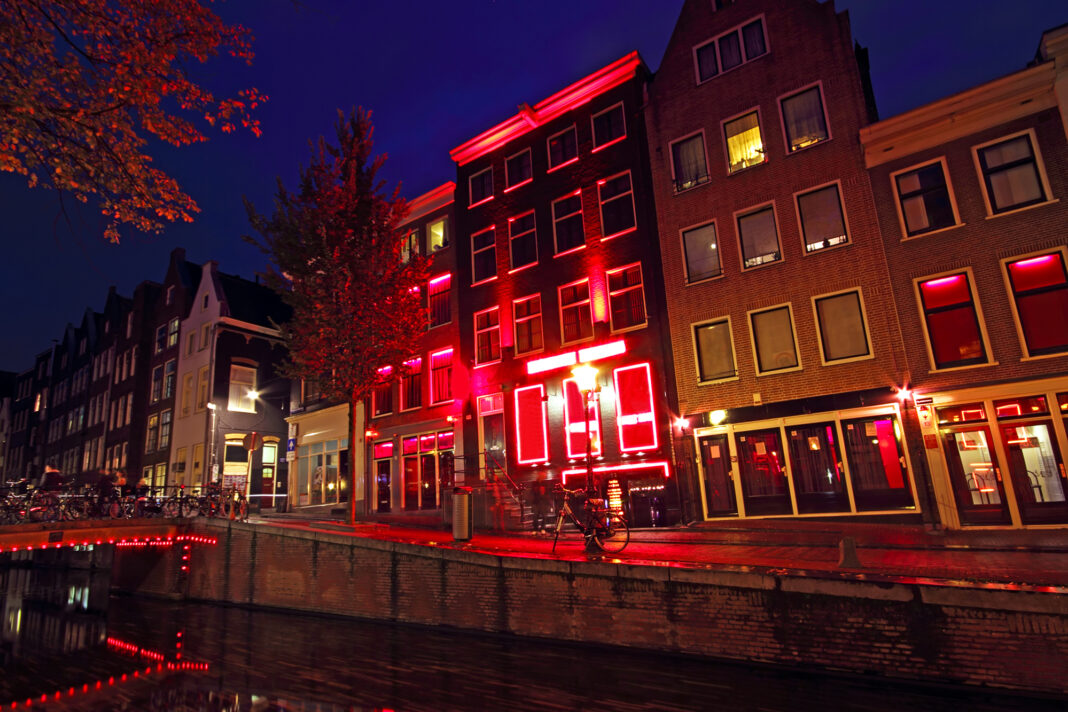After 21 years of legalization, the sex work industry in the Netherlands is on thin ice – the number of registered sex businesses has declined by 80%. Are municipalities to blame or have the fruits of legislation been underwhelming at large?
In 2000, the year the brothel ban was abolished, there were 1,350 registered sex businesses — today, just 250 remain.
As part of the legalization process, authority over the sex work industry was delegated to individual municipalities, with the hopes that licensing and taxation would “clean up” the sex industry.
However, many have been underwhelmed with the results of legalizing the industry, as concerns about the involvement of human trafficking and organized crime remain, reports the NOS.
Municipal red tape
Municipalities across the Netherlands have increasingly proposed policies that limit the activities of and even further stigmatize the industry.
For instance, some municipalities only allow such businesses to obtain a permit for three to five years, without any guarantee that this will be renewed. A risk most business owners find far too high.
Changes to the Red Light District
In addition, window prostitution, a prefered option for many sex workers for the safety, visibility, and autonomy it provides, is being cracked down on.
Today, window prostitution is only legal in 10 of the Netherlands’ 12 municipalities and most recently, Amsterdam’s mayor, Femke Halsema, proposed a plan to relocate de Wallen’s Red Light District to the suburbs.
The city council announced that they’ll begin closing Amsterdam’s famous brothel windows as part of its plan for a “tourism reset”, which also holds the potential for a ban on tourists buying cannabis from the city’s cafes. This, despite the fact that 93% of sex workers in de Wallen are against the move.
Sex workers in the shadows
All the while, sex workers have faced the most severe restrictions of all contact occupations amidst the pandemic, in addition to being excluded from most worker compensation schemes. But excluding sex workers has only served to increase the risk of falling victim to human trafficking and precariousness in the workplace. Since the start of the pandemic reports of illegal prostitution doubled according to Report Crime Anonymous.
As we’ve seen countless times through attempted closures due to coronavirus or red tape, in the absence of legal sites of sex work, individuals facing economic hardship are forced to take greater personal risks.
What’s your opinion on the decline of the sex work industry? Tell us in the comments below.
Feature Image: nilaya/Depositphotos



